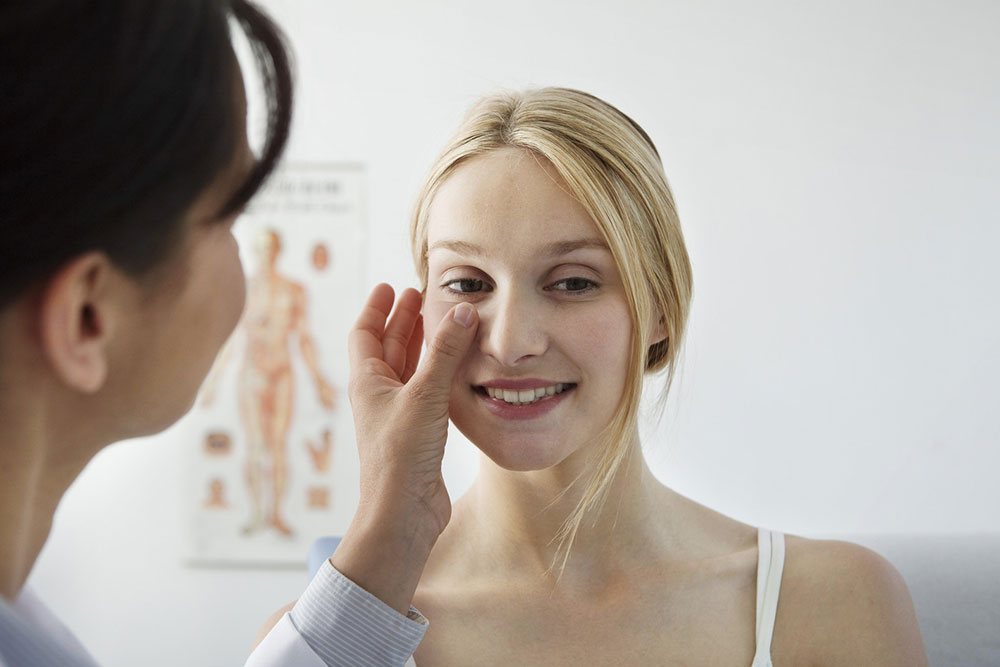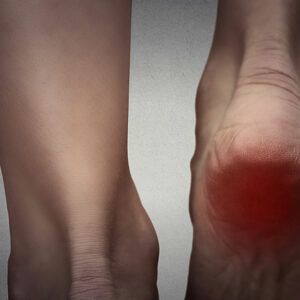Lupus – Health risks and natural remedies

Lupus is an autoimmune condition in which the body’s immune system starts attacking its own tissues and organs, leading to inflammation in the affected areas. Symptoms of this condition often overlap with other common conditions, making it tough to diagnose. Some people may be born with this condition, while for others, it may develop as a response to hormones, infections, or other environmental triggers. Currently, there is no known cure for lupus.
Health risks posed by lupus
As lupus begins to attack healthy tissue in the body, it increases the risk of other health complications .
- Skin: Certain forms of lupus may increase the risk of scars, sensitivity to the sun, and even blisters.
- Kidneys: About half the people diagnosed with lupus develop kidney damage, which could be life-threatening.
- Joints: Those with lupus are also more susceptible to developing arthritis, which causes pain and stiffness in the joints .
- Blood: Some people with lupus may also experience a low blood count, which can lead to complications such as anemia, easy bruising, or even clot formation. When left unchecked, this may result in deep vein thrombosis (DVT), pulmonary embolism (PE), or even a stroke.
- Brain and central nervous system: If the condition affects the brain, it may give rise to headaches, dizziness, behavioral changes, vision problems, and more. In some cases, it may also result in memory issues or make it difficult to express oneself. If the condition affects the spinal cord (transverse myelitis), it may result in numbness and fatigue as well.
- Heart and lungs: Lupus can affect the heart and lungs, increasing the risk of breathing problems, chest pain, an uneven heartbeat, fluid buildup around the lungs and heart, cardiovascular disease, and heart attacks.
Natural remedies to manage lupu s
Although there is currently no known cure for lupus, individuals can rely on several natural remedies and lifestyle changes to make it easier to manage this condition.
- Acupuncture: This alternative therapy can help deal with arthritis symptoms, offering momentary relief from joint pain and inflammation .
- Biofeedback: This therapy may help prevent or reduce the intensity of pain associated with the condition. It involves mind-body techniques to control bodily functions such as muscle responses and breathing patterns.
- Massage: Massaging may help reduce stress and ease tension in the soft tissues of the body, promoting overall relaxation.



